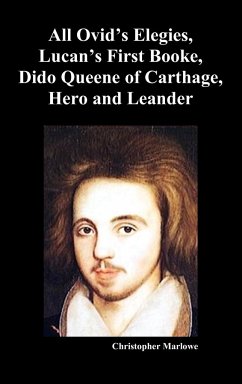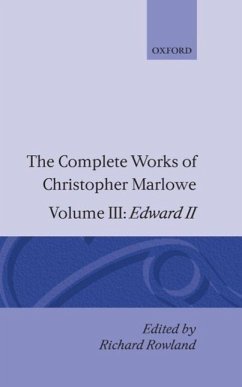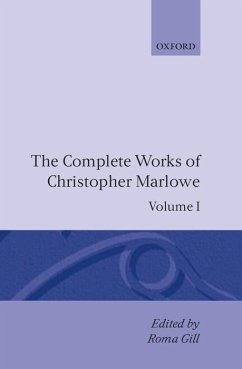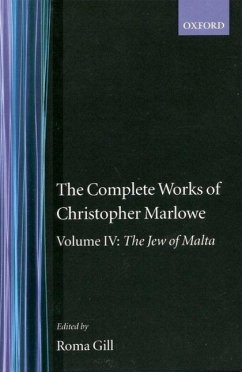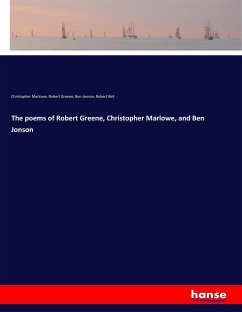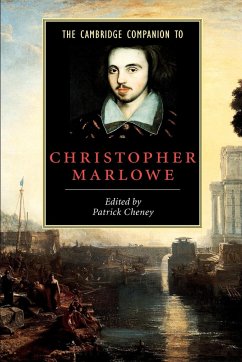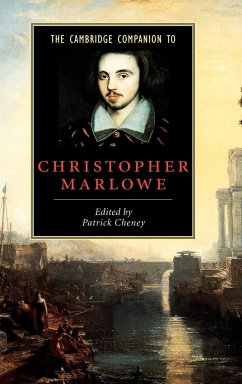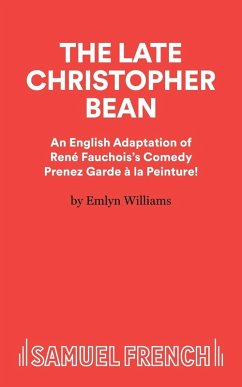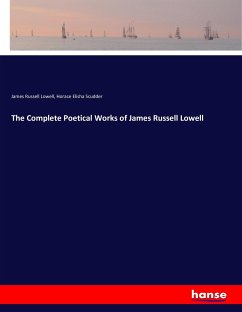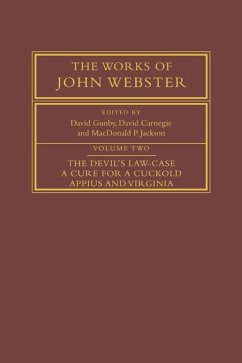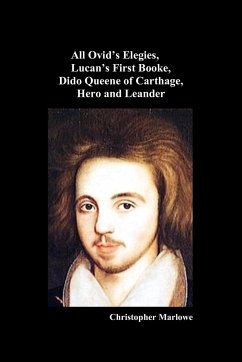
The Complete Works of Christopher Marlowe, Vol . I
All Ovid's Elegies, Lucan's First Booke, Dido Queene of Carthage, Hero and Leander

PAYBACK Punkte
8 °P sammeln!
This book is the final volume of the Oxford English Texts edition of The Complete Works of Christopher Marlowe. Volume four contains the two parts of Tamburlaine the Great, edited by David Fuller, and The Massacre at Paris, edited by Edward J. Esche. It is the first time that either text has been presented in an old-spelling edition with textual annotation and a full critical commentary. Readers will find a detailed discussion of the plays' subject matter, context, textual history, interpretation, stage action, and language.





